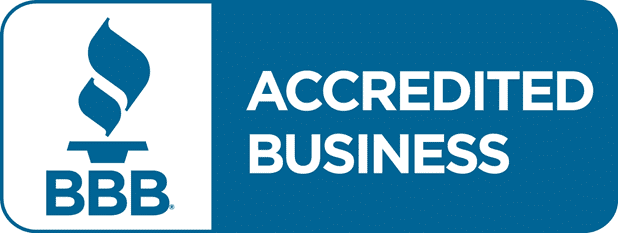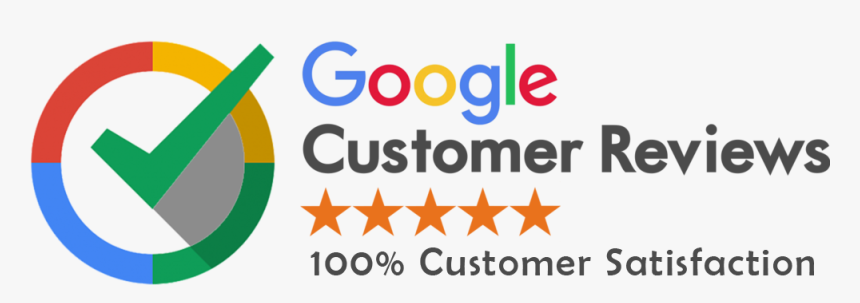Does your financial stress feel overwhelming? Does it seem like money problems never end? Unfortunately, financial stress can cause anxiety and depression; it can even lead to thoughts of suicide. However, getting on a path toward economic well-being isn’t as complicated as you might think.
Home foreclosures, credit card debt, student loans, consumer debt… all these factors and more are signs of an economic system gone out of control. Financial stress is a part of life, but there are ways to keep it from becoming overwhelming. This article discusses both internal and external stress, the causes and triggers of financial stress, and methods for dealing with this type of stress healthily.

Cause and Effect of Financial Stress
Financial stress can become overwhelming if you don’t understand what’s causing it. Understanding the causes and symptoms of financial stress is the first step on the journey to credit freedom. Financial stress is one of the most common emotional problems, which is caused by a large number of reasons, including:
- Paying mortgage or rent
- Lack of stable income
- Unemployment
- Paying for education
- Wanting a nicer lifestyle
- Not having enough money to fund an emergency like death in the family
- Not being able to retire
- Paying off debt
These factors are considered to be triggers of financial stress along with others. As a result, individuals and families looking to get out of debt put a lid on rising interest rates and gain control over their spending.
6 Strategies to Tackle Financial Stress
Your money situation can create feelings of stress, worry, and guilt, so it’s good to have a plan in place for how you’ll deal with your finances. When times are hard, be honest about where you do and don’t need to spend your money. A financial guide can help you prioritize your goals, keep track of your spending and remind you of the essential things in life.
Student loan debt has also become a hot topic in today’s economy, and more and more college graduates are struggling to manage their student loan debt. Managing your finances will be a constant process, and the earlier you learn how to manage your student loan debt, the better!
- Budgeting Basics: Make a Budget Plan
The best way to stick with your budget is to plan out a realistic budget and stick with it. There are several ways to create a budget that you can maintain. Your first step for creating a budget plan is knowing how much you spend on certain monthly expenses. While this can seem like a difficult task, the good news is that there’s an easy way to get this information. First, go through your bank statement for the last couple of months or so and gather the numbers together.
- Identify Your Money Challenges.
The first step in getting your financial life in order is to identify where you are now—that means taking stock of what’s holding you back financially. Once you’ve outlined your primary money stresses, get clear about objectives that will help you overcome them. Is it a house payment or a student loan payment? Is it credit card debt? Whatever your challenge, figure out ways to chip away at the problem bit by bit.
Whether you’re looking to bring your credit card debt down or build a more significant emergency fund for when life throws you a curveball, the key is to identify the problem early on so that you can get ahead of it.
- Set Realistic Goals
When you have financial stress, it can make it hard to think clearly about your money. As a result, you may worry about bills or find yourself buying things you can’t afford. The best way to reduce money stress is to deal with practical day-to-day issues. Setting realistic goals can help you do this.
- Get Rid of Debt
Get out of debt faster by spending less and paying down your debt. Set a monthly goal to reduce and eliminate your debt, and then show that you can stick with it.
Even if you’re still paying off a car loan, credit card balance, or student loan, make a rule to put that money you would have spent on non-essential items into your debt payments. By following this strategy every month, you’ll see significant drops in your balances because you’ll be making extra principal payments. You’ll also feel great about the progress you’re making in reducing your balances.
- Consolidate Your Debt
Are you overwhelmed by your bills? Debt consolidation can help. It combines your high-interest credit card debt into a single payment at a lower interest rate. Now, you can have one manageable monthly payment instead of several. So get out of debt and get on with your life sooner with debt consolidation.
Consolidating your debts allows you to negotiate better interest rates and lower monthly payments. When you combine multiple high-interest loans into one low-rate loan, debt consolidation can eliminate unsecured debt in as little as 3-5 years. Benefits of debt consolidation include:
- Lower interest rates
- Reduced monthly payments to affordable levels
- Elimination of the principal over time
- Communicate about finances in relationships
With today’s cash-only economy, money discussions are an inevitable part of marriage. While couples differ in what they’re willing to contribute, every relationship benefits from having a plan. By discussing paychecks, spending habits, and necessities like kids’ activities early on, couples can create a budget that works for them.

Financial stress can affect every aspect of your life, from work to health, friends, and family. Yet our lives are increasingly focused on money- how we spend it or need to earn more. Overcoming financial stress requires a route map that is straightforward, understandable, easy to follow, and can be used by anyone, no matter how much they currently know about their finances.
Allied Enrollment Centers specializes in several areas, such as student loan debt assistance and help with credit card payments and bills, all of which will help you dissolve all of your financial stresses.
Talk to a certified, highly trained specialist about overcoming your financial stress. To find out how we can help you based on your individual needs, please call now and speak with one of our specialists.





